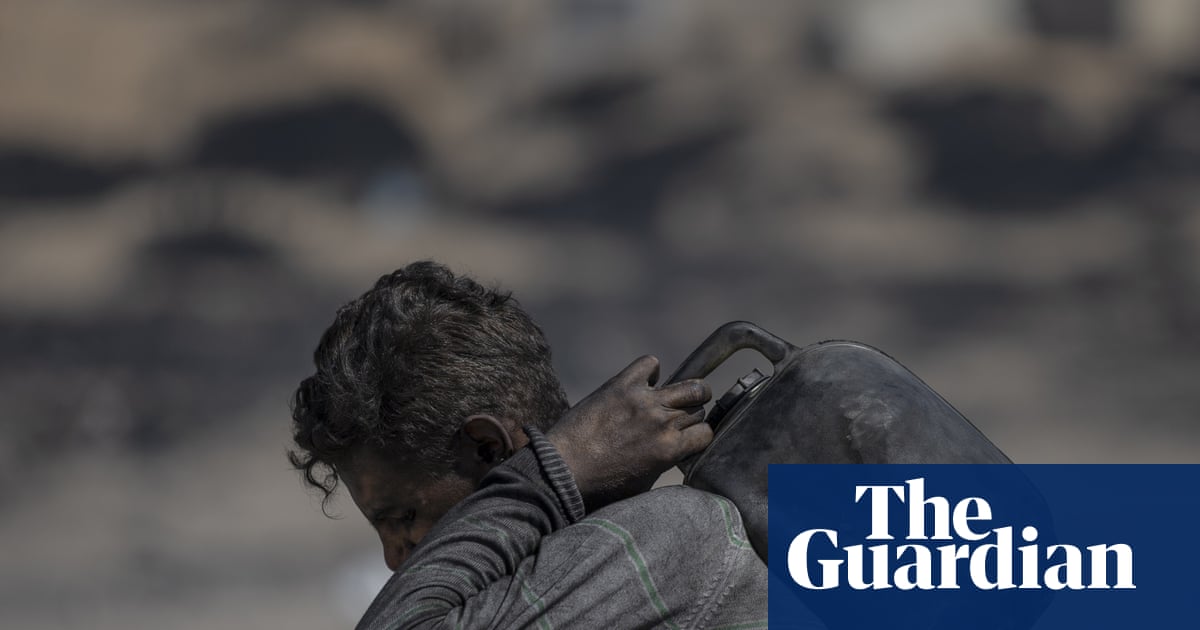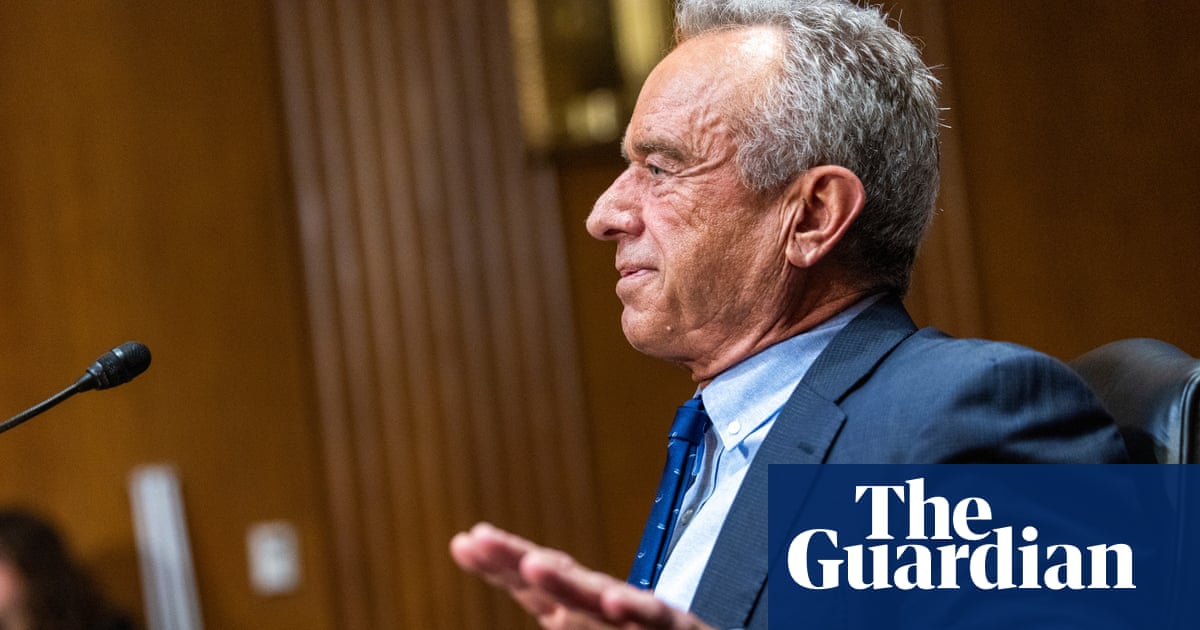President Donald Trump said on Wednesday that he may deploy federal troops to New Orleans next, not Chicago, and is waiting for governors to ask for help — a shift in his rhetoric about moving into major U.S. cities uninvited.
"We are making a determination now: Do we go to Chicago? Or do we go to a place like New Orleans where we have a great governor, Jeff Landry, who wants us to come in and straighten out a very nice section of this country that has become quite – quite tough, quite bad?” Trump said during an Oval Office meeting alongside Poland’s new president.
“You have New Orleans, which has a crime problem. We'll straighten that out in two weeks, easier than D.C.,” Trump said.
That was a walk-back of his declaration just 24 hours earlier that “we’re going in” to Chicago, a city he has long maligned for violent crime but has a Democratic governor who opposes Trump’s deployment of federal troops in his state.
While he again credited the federal troops for D.C.’s drop in crime since their deployment last month, the president’s shifting plans for the next phase in his crackdown on urban crime marked a tacit acknowledgement of the legal challenges he’ll face going beyond his authority within the District of Columbia.
He suggested he’d be holding off on sending more federal troops into states where governors oppose such a move.
“We’re pretty much waiting until we get asked,” Trump said about the potential of activating National Guard units to patrol other Democrat-led cities like Baltimore and Chicago, both of which he again characterized as unsafe.
“I want to go into Chicago and I have this embarrassing governor who doesn’t want us,” Trump said.
Nearly a month after he ordered federal troops and law enforcement agents into Washington, Trump is eager to keep the public’s focus on the issue of urban crime. He complained about the media’s renewed fixation on Jeffrey Epstein — with Congress this week releasing an initial tranche of files from the disgraced financier’s legal case — presenting it as a distraction.
“It’s really a Democrat hoax,” Trump said. “They’re trying to get people to talk about something that’s totally irrelevant to the success that we’re having as a nation.”
Trump’s comments also came at the outset of a meeting with Poland’s new president, Karol Nawrocki, who he welcomed with a flyover by F-35 and F-16 jets, an unusual occurrence for a foreign leader’s White House visit — and one that startled residents in Washington even with the higher than normal troop presence at the moment.
The flyover, the president explained later, was a tribute in honor of a downed Polish Air Force F-16 pilot major Maciej “Slab” Krakowian, who died in a crash last week during an airshow in Poland.
Nawrocki, a far-right leader who Trump endorsed during his campaign, was eager to steer the discussion to security issues amid the ongoing war on its eastern border between Russia and Ukraine and the Pentagon’s forthcoming review of global force posture that Poles fear could mean a reduction of U.S. troops in their country.
Asked by a Polish journalist about whether he might authorize a reduction in troops in Poland, Trump assured Nawrocki that the U.S. would maintain its current troop presence.
“They’ll be staying in Poland,” Trump said. “We’re very much aligned with Poland.”
Trump praised Poland as a model ally for spending the highest percentage of its GDP of any NATO country on defense, even joking that “we’ll put more [troops] there if they want.”

 German (DE)
German (DE)  English (US)
English (US)  Spanish (ES)
Spanish (ES)  French (FR)
French (FR)  Hindi (IN)
Hindi (IN)  Italian (IT)
Italian (IT)  Russian (RU)
Russian (RU) 























Comments